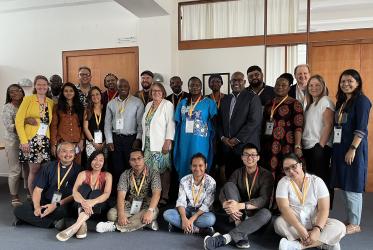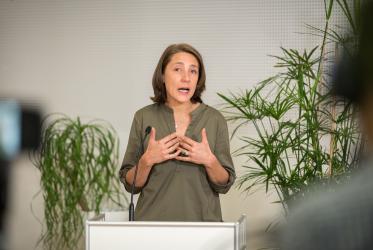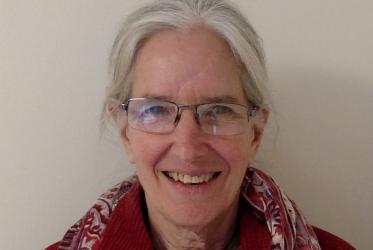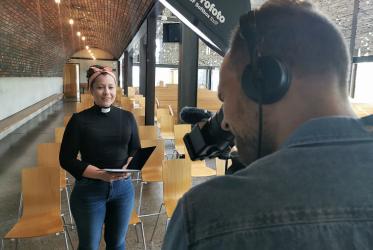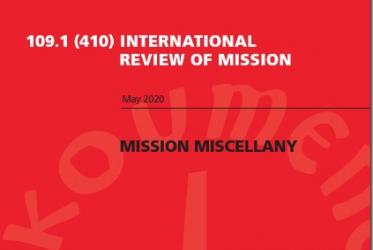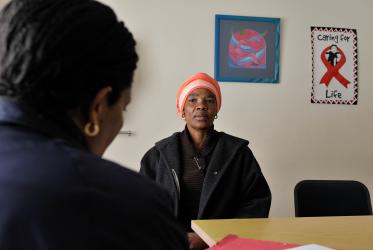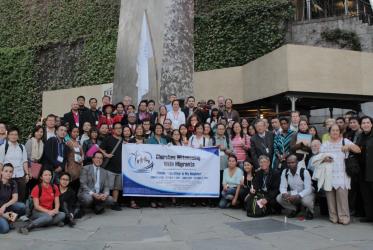Displaying 1 - 20 of 24
GEM School grounds economic justice biblically
06 July 2022
WCC commemorates life of Constance Elizabeth Gates
29 October 2020
Former director of the WCC Programme on Theological Education has died
29 September 2017
A just financial and economic architecture is possible, students find
08 September 2016
Local work by faith-based groups key to ending AIDS
27 June 2016
Churches advocate upholding human dignity of migrants
14 October 2013
Latin American Christians defend the right to water
04 December 2009

